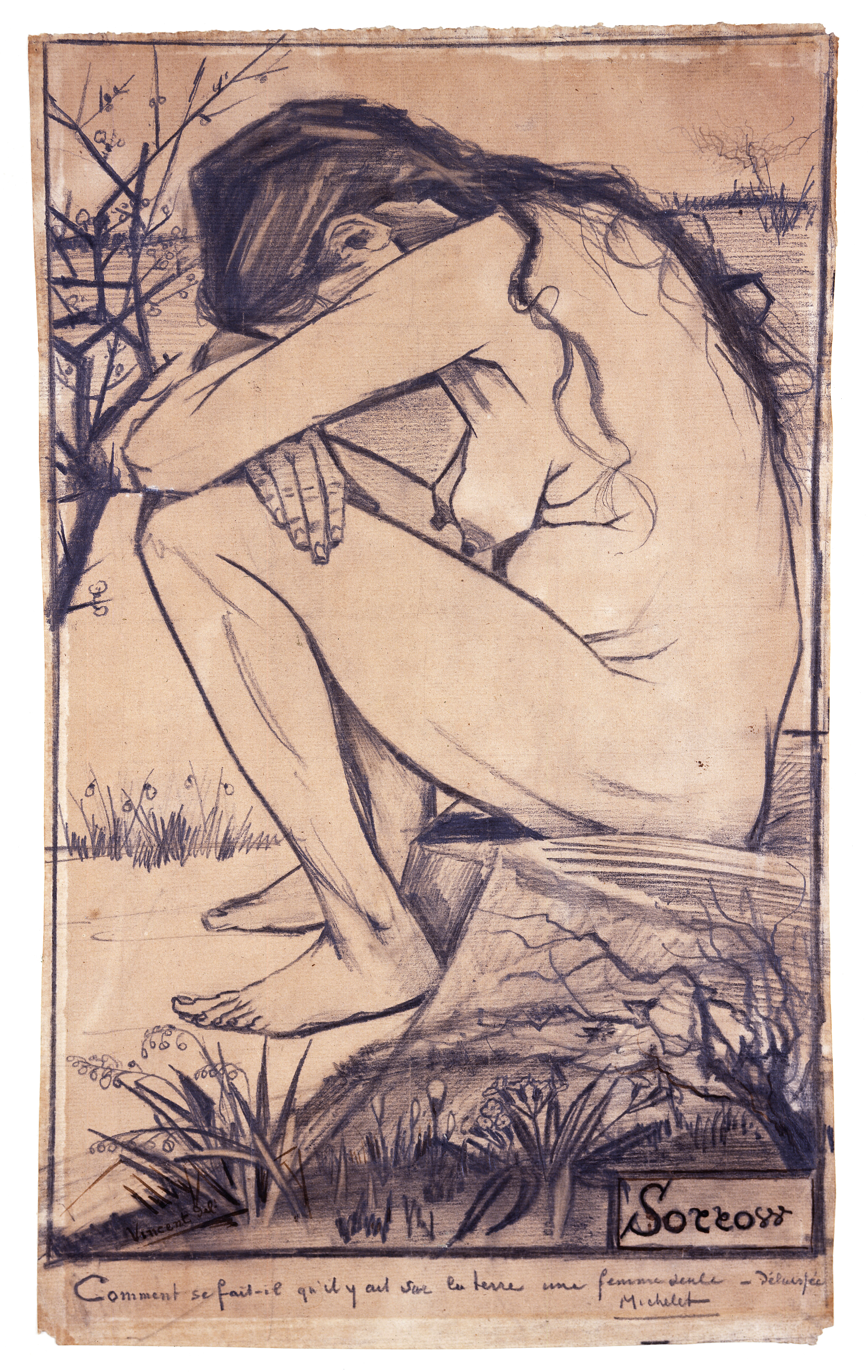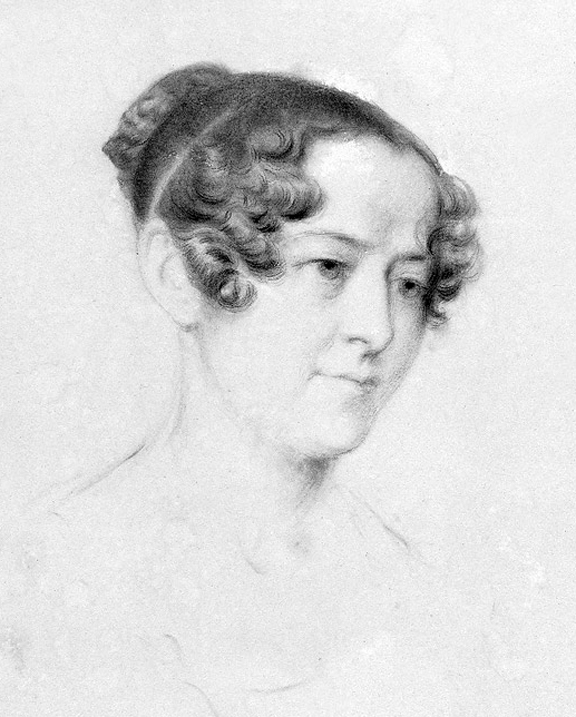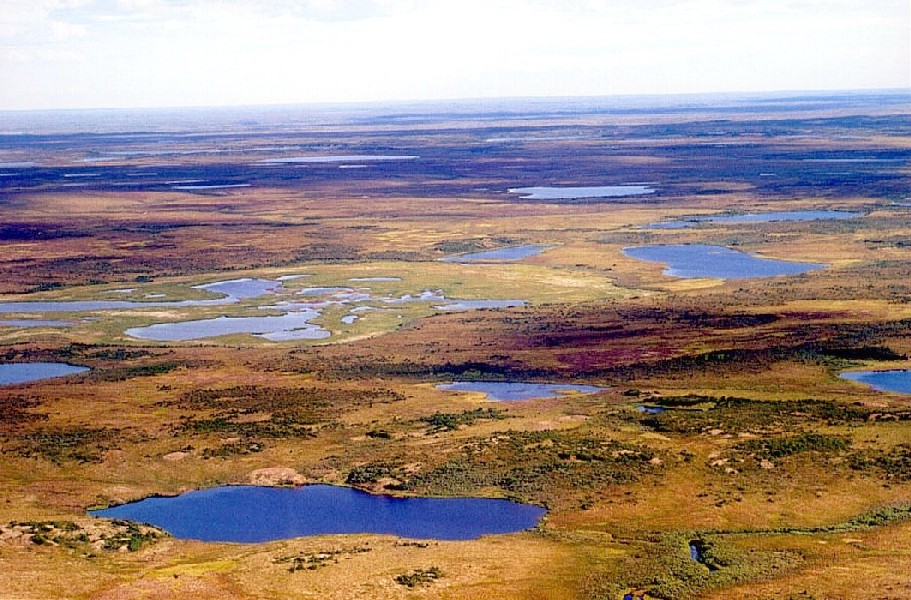|
The Discovery Of Slowness
''The Discovery of Slowness'' (original German language, German title: ''Die Entdeckung der Langsamkeit'') is a novel by Sten Nadolny, written under a double conceit: first, as a novelization of the life of British Arctic explorer Sir John Franklin, and second as a hymn of praise to "slowness," a quality which Nadolny's fictional Franklin possesses in abundance. Published in Germany in 1983, its fame spread through the English language, English translation by Ralph Freedman, first published in the United States by Viking Penguin in 1987; in Nadolny's native Germany it has also been the subject of television programs, experimental films, and even an opera composed by Giorgio Battistelli. "Slowness" — in German, "Langsamkeit" — had, before Nadolny's novel been primarily associated with mental retardation. In Nadolny's world, however, this seeming disability is in fact a powerful asset; the possessor of "slowness" can afford to wait, because he must wait. As a result, he attai ... [...More Info...] [...Related Items...] OR: [Wikipedia] [Google] [Baidu] |
Sten Nadolny
Sten Nadolny (; born 29 July 1942, in Zehdenick, Province of Brandenburg) is a German novelist. His parents, Burkhard and Isabella Nadolny, were also writers. Biography Nadolny grew up in the town of Traunstein, in Upper Bavaria. After receiving his ''Abitur'', he studied history and political science in Munich, Göttingen, Tübingen and Berlin. Nadolny received his PhD in 1976 at the Free University of Berlin. His dissertation was on German disarmament diplomacy at the 1932/33 Geneva Conference, shortly before Hitler came to power. Nadolny's grandfather, Rudolf Nadolny, had led the German delegation. Nadolny worked for about a year as a history teacher before entering the film industry as a production manager, an experience he wrote about in his first novel, the semi-autobiographical ''Netzkarte''. He currently lives in Berlin. Literary works Nadolny's first novel, ''Netzkarte'', was published in 1981. Originally, it was written as a script for a film that was never realized ... [...More Info...] [...Related Items...] OR: [Wikipedia] [Google] [Baidu] |
Jules Michelet
Jules Michelet (; 21 August 1798 – 9 February 1874) was a French historian and an author on other topics whose major work was a history of France and its culture. His aphoristic style emphasized his anti-clerical republicanism. In Michelet's 1855 work, ''Histoire de France'' (History of France), he adopted the term "rebirth" that was used first in a work published in 1550 by the Italian art historian Giorgio Vasari. The term was used by Vasari to describe the advent of a new manner of painting that began with the work of Giotto, as the "rebirth (''rinascita'') of the arts." Michelet thereby became the first historian to use and define the French translation of the term, ''renaissance'',Murray, P. and Murray, L. (1963) ''The Art of the Renaissance''. London: Thames & Hudson (World of Art), p. 9. to identify the period in Europe's cultural history that followed the Middle Ages. Historian François Furet wrote that Michelet's ''History of the French Revolution'' (1847) remai ... [...More Info...] [...Related Items...] OR: [Wikipedia] [Google] [Baidu] |
Slow Movement
Slow movement may refer to: *Slow movement (music) *Slow movement (culture) *Bradykinesia Hypokinesia is one of the classifications of movement disorders, and refers to decreased bodily movement. Hypokinesia is characterized by a partial or complete loss of muscle movement due to a disruption in the basal ganglia. Hypokinesia is a sym ..., "slow movement", a symptom of Parkinson's disease See also * * {{disambiguation ... [...More Info...] [...Related Items...] OR: [Wikipedia] [Google] [Baidu] |
German Historical Novels
German(s) may refer to: * Germany (of or related to) **Germania (historical use) * Germans, citizens of Germany, people of German ancestry, or native speakers of the German language ** For citizens of Germany, see also German nationality law German nationality law details the conditions by which an individual holds German nationality. The primary law governing these requirements is the Nationality Act, which came into force on 1 January 1914. Germany is a member state of the Europ ... **Germanic peoples (Roman times) * German language **any of the Germanic languages * German cuisine, traditional foods of Germany People * German (given name) * German (surname) * Germán, a Spanish name Places * German (parish), Isle of Man * German, Albania, or Gërmej * German, Bulgaria * German, Iran * German, North Macedonia * German, New York, U.S. * Agios Germanos, Greece Other uses * German (mythology), a South Slavic mythological being * Germans (band), a Canadian rock band * Ger ... [...More Info...] [...Related Items...] OR: [Wikipedia] [Google] [Baidu] |
1983 German Novels
The year 1983 saw both the official beginning of the Internet and the first mobile cellular telephone call. Events January * January 1 – The migration of the ARPANET to TCP/IP is officially completed (this is considered to be the beginning of the true Internet). * January 24 – Twenty-five members of the Red Brigades are sentenced to life imprisonment for the 1978 murder of Italian politician Aldo Moro. * January 25 ** High-ranking Nazi war criminal Klaus Barbie is arrested in Bolivia. ** IRAS is launched from Vandenberg AFB, to conduct the world's first all-sky infrared survey from space. February * February 2 – Giovanni Vigliotto goes on trial on charges of polygamy involving 105 women. * February 3 – Prime Minister of Australia Malcolm Fraser is granted a double dissolution of both houses of parliament, for elections on March 5, 1983. As Fraser is being granted the dissolution, Bill Hayden resigns as leader of the Australian Labor Party, and in the subsequent lead ... [...More Info...] [...Related Items...] OR: [Wikipedia] [Google] [Baidu] |
Jane Griffin
Jane, Lady Franklin (née Griffin; 4 December 1791 – 18 July 1875) was the second wife of the English explorer Sir John Franklin. During her husband's period as Lieutenant-Governor of Van Diemen's Land, she became known for her philanthropic work and her travels throughout south-eastern Australia. After John Franklin's disappearance in search of the Northwest Passage, she sponsored or otherwise supported several expeditions to determine his fate. Early life Jane was the second daughter of John Griffin, a liveryman and later governor of the Goldsmith's Company, and his wife Jane Guillemard. There was Huguenot ancestry on both sides of her family. She was born in London, where she was raised with her sisters Frances and Mary at the family house, 21 Bedford Place, just off Russell Square. She was well educated, and her father being well-to-do had her education completed by much travel on the continent. Her portrait was chalked when she was 24 by Amélie Munier-Romilly in Gene ... [...More Info...] [...Related Items...] OR: [Wikipedia] [Google] [Baidu] |
Eleanor Porden
Eleanor Anne Porden (14 July 1795 – 22 February 1825) was a British Romantic poet. She was the first wife of the explorer John Franklin. Early years and education Eleanor Anne Porden was born in London, 14 July 1795. She was the younger surviving daughter of the architect William Porden, of Berners Street, London, an eminent architect, and his wife Mary Plowman. Another sister and brother had died in infancy. Her mother was an invalid, and after an older sister's marriage, Eleanor nursed her mother from 1809 until her death in 1819. An intelligent young woman, Porden was educated privately at home. She acquired with facility a knowledge of several languages, and was interested in the arts and sciences, Porden attracted attention for her poetry from an early age. Her family and friends were fond of literature, and a salt-box for poetical contributions was kept at her father's house. Her first major work, the allegorical ''The Veils; or the Triumph of Constancy'', was placed ... [...More Info...] [...Related Items...] OR: [Wikipedia] [Google] [Baidu] |
Matthew Flinders
Captain Matthew Flinders (16 March 1774 – 19 July 1814) was a British navigator and cartographer who led the first inshore circumnavigation of mainland Australia, then called New Holland. He is also credited as being the first person to utilise the name ''Australia'' to describe the entirety of that continent including Van Diemen's Land (now Tasmania), a title he regarded as being "more agreeable to the ear" than previous names such as ''Terra Australis''. Flinders was involved in several voyages of discovery between 1791 and 1803, the most famous of which are the circumnavigation of Australia and an earlier expedition when he and George Bass confirmed that Van Diemen's Land was an island. While returning to Britain in 1803, Flinders was arrested by the French governor at Isle de France (Mauritius). Although Britain and France were at war, Flinders thought the scientific nature of his work would ensure safe passage, but he remained under arrest for more than six years. In ... [...More Info...] [...Related Items...] OR: [Wikipedia] [Google] [Baidu] |
Franklin's Lost Expedition
Franklin's lost expedition was a failed British voyage of Arctic exploration led by Captain Sir John Franklin that departed England in 1845 aboard two ships, and , and was assigned to traverse the last unnavigated sections of the Northwest Passage in the Canadian Arctic and to record magnetic data to help determine whether a better understanding could aid navigation. The expedition met with disaster after both ships and their crews, a total of 129 officers and men, became icebound in Victoria Strait near King William Island in what is today the Canadian territory of Nunavut. After being icebound for more than a year ''Erebus'' and ''Terror'' were abandoned in April 1848, by which point Franklin and nearly two dozen others had died. The survivors, now led by Franklin's second-in-command, Francis Crozier, and ''Erebus''s captain, James Fitzjames, set out for the Canadian mainland and disappeared, presumably having perished. Pressed by Franklin's wife, Jane, and others, t ... [...More Info...] [...Related Items...] OR: [Wikipedia] [Google] [Baidu] |
Slow Movement (culture)
The slow movement (sometimes capitalised Slow movement or Slow Movement) advocates a cultural shift toward slowing down life's pace. It began with Carlo Petrini's protest against the opening of a McDonald's restaurant in Piazza di Spagna, Rome in 1986 that sparked the creation of the slow food movement. Over time, this developed into a subculture in other areas, like the Cittaslow organisation for "slow cities". The "slow" epithet has subsequently been applied to a variety of activities and aspects of culture. Geir Berthelsen and his creation of The World Institute of Slowness presented a vision in 1999 for an entire "slow planet" and a need to teach the world the way of slowness. In Carl Honoré's 2004 book, ''In Praise of Slow'', he describes the slow movement thus: Professor Guttorm Fløistad summarises the philosophy, stating: The slow movement is not organised and controlled by a single organisation. A fundamental characteristic of the slow movement is that it is propo ... [...More Info...] [...Related Items...] OR: [Wikipedia] [Google] [Baidu] |
Tundra
In physical geography, tundra () is a type of biome where tree growth is hindered by frigid temperatures and short growing seasons. The term ''tundra'' comes through Russian (') from the Kildin Sámi word (') meaning "uplands", "treeless mountain tract". There are three regions and associated types of tundra: Arctic tundra, alpine tundra, and Antarctic tundra. Tundra vegetation is composed of dwarf shrubs, sedges, grasses, mosses, and lichens. Scattered trees grow in some tundra regions. The ecotone (or ecological boundary region) between the tundra and the forest is known as the tree line or timberline. The tundra soil is rich in nitrogen and phosphorus. The soil also contains large amounts of biomass and decomposed biomass that has been stored as methane and carbon dioxide in the permafrost, making the tundra soil a carbon sink. As global warming heats the ecosystem and causes soil thawing, the permafrost carbon cycle accelerates and releases much of these soil-contained g ... [...More Info...] [...Related Items...] OR: [Wikipedia] [Google] [Baidu] |
Horatio Nelson
Vice-Admiral Horatio Nelson, 1st Viscount Nelson, 1st Duke of Bronte (29 September 1758 – 21 October 1805) was a British flag officer in the Royal Navy. His inspirational leadership, grasp of strategy, and unconventional tactics brought about a number of decisive British naval victories during the French Revolutionary and Napoleonic Wars. He is widely regarded as one of the greatest naval commanders in history. Nelson was born into a moderately prosperous Norfolk family and joined the navy through the influence of his uncle, Maurice Suckling, a high-ranking naval officer. Nelson rose rapidly through the ranks and served with leading naval commanders of the period before obtaining his own command at the age of 20, in 1778. He developed a reputation for personal valour and firm grasp of tactics, but suffered periods of illness and unemployment after the end of the American War of Independence. The outbreak of the French Revolutionary Wars allowed Nelson to return to service, ... [...More Info...] [...Related Items...] OR: [Wikipedia] [Google] [Baidu] |








